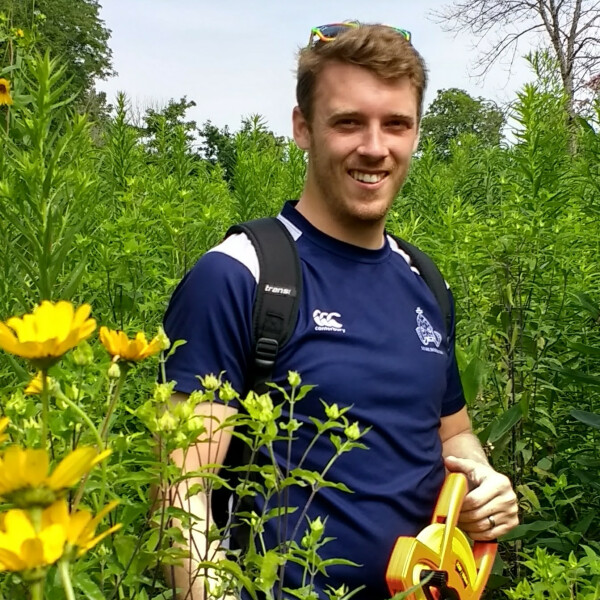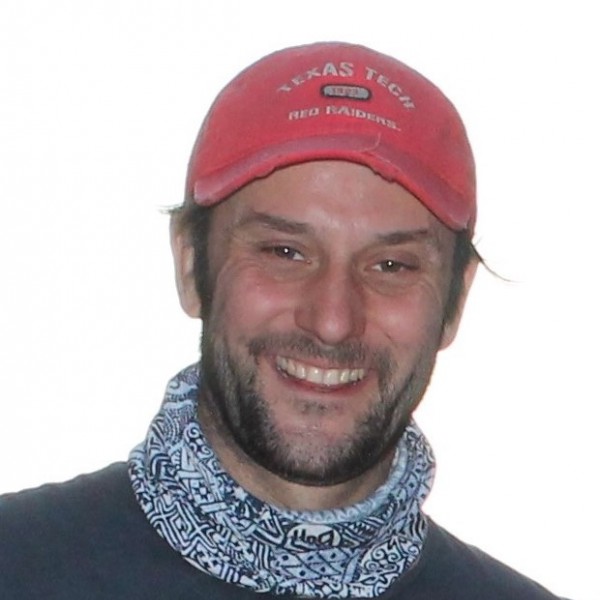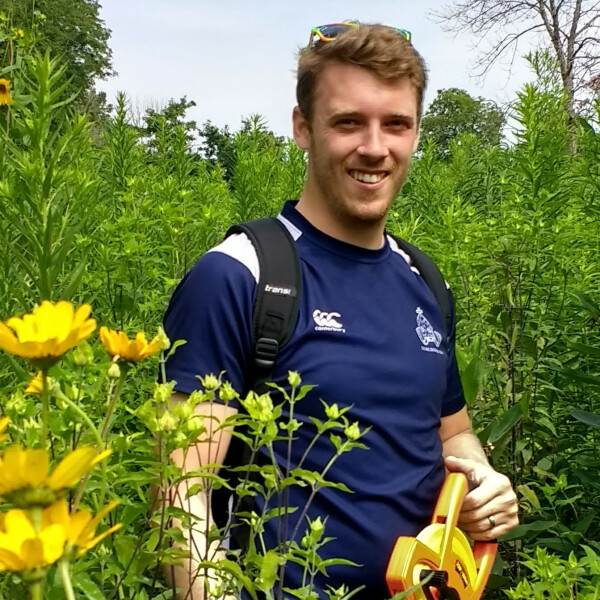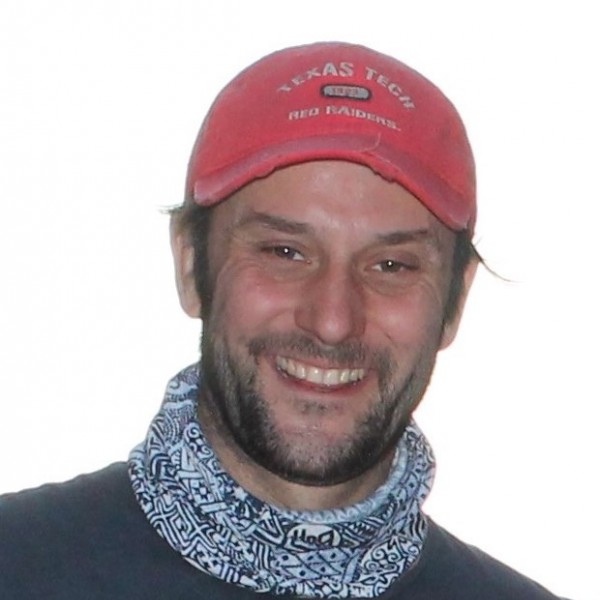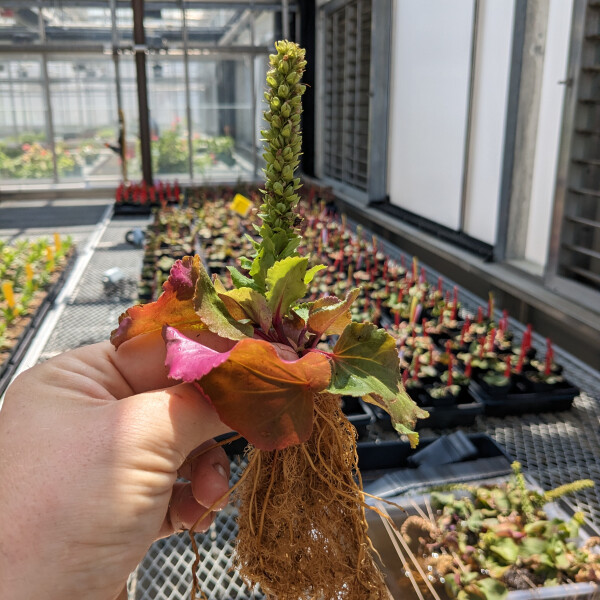
Assessing fitness consequences of limited genetic diversity and high inbreeding in a rare midwestern endemic 2023
In the lab at CBG
Ecology, Reproductive Biology, Plant Anatomy, Plant Traits
Seeds represent an intergenerational life stage in which parent plants transfer genetic material in the evolutionary hope of long term persistence, but not all seeds create successful progeny. Genetic diversity and inbreeding can impact seed quantity and quality - effects often overlooked in studies that focus solely on extant populations. For small and isolated populations which are more likely to lose genetic diversity and display inbreeding, and for rare species in particular, the seed stage can be highly influential for population growth or decline. In this study, I propose to determine how populations of varying sizes differ for genetic metrics of diversity and inbreeding, assess if those metrics are associated with decline in seed quantity and quality, and test how seedlings from different population sizes respond to environmental stochasticity. To achieve this, I have selected Synthyris bullii, a midwestern endemic that occurs in small (<50) to large (500+) populations, and is threatened or endangered in all states across its range. I have censused previously surveyed populations and measured flower number, flower size, and fruits per flower, and collected leaf material and fruit for genetic analysis. From collected fruits, I have calculated fruit and seed set (quantity), and will be calculating seed size and germination rate (quality). To assess response to environmental stochasticity, seedlings from select populations have been grown in a greenhouse common garden and exposed to a drought treatment. Control and drought treatment plants have been harvested and dried, and will be weighed to assess differences in resource allocation under drought conditions. Results will provide insight into the mechanisms behind population decline and allow managers to better address long-term needs of small, rare plant populations such as S. bullii.
An REU student will have the opportunity to conduct a variety of ecological lab work that includes photographing seed and analyzing seed diameter in ImageJ, setting up germination trials in agar trays and assessing germination, and weighing dried root and shoot biomass. We can adapt the work depending on student interests and will work together to come up with a project based on this data collection and processing.
